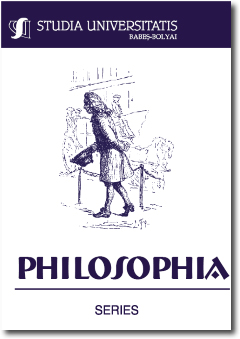EDITORIAL:DESCARTES’ CORRESPONDENCE, A MILESTONE OF THE INTELLECTUAL NETWORKING OF THE EARLY MODERNITY
EDITORIAL:DESCARTES’ CORRESPONDENCE, A MILESTONE OF THE INTELLECTUAL NETWORKING OF THE EARLY MODERNITY
Author(s): Vlad AlexandrescuSubject(s): Philosophy
Published by: Studia Universitatis Babes-Bolyai
Summary/Abstract: Philosophical correspondence is a precious tool to use in approaching the unclear circumstances of the birth and dissemination of philosophical ideas. This holds for almost all seventeenth-century philosophers, especially when a large body of their correspondence has been preserved, as in the case of Thomas Hobbes, Marin Mersenne, Pierre Gassendi or Gottfried Wilhelm Leibniz. In other cases the surviving correspondence is scarce yet substantive, and constitutes a counterpart to the published work, as in the case of Blaise Pascal or Benedict de Spinoza, in whose letters scholars try to decipher elusive meanings, held within often bewilderingly complex human relationships. This is for instance the case with Pascal’s letters to his sister Jacqueline, in which he developed a meditation on the death of their father, or his peculiarly intense letters to Charlotte de Roannez, a young noble lady whose spiritual guidance he had undertaken, and to whom he enumerated the interior stages of conversion or the degrees of the revelation of God in the world.
Journal: Studia Universitatis Babes-Bolyai - Philosophia
- Issue Year: 58/2013
- Issue No: 3
- Page Range: 5-9
- Page Count: 5
- Language: English

